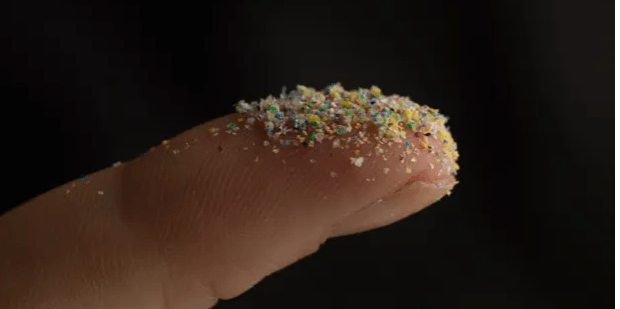How to get rid of microplastics from your drinking water
Tiny plastic particles are widespread and challenging to eliminate, as they have been detected in various sources such as food, breast milk, and even clouds. However, recent research indicates that a straightforward solution could help decrease microplastics in drinking water: boiling it.
A study published in the journal Environmental Science & Technology Letters by Zhanjun Li and Eddy Y. Zeng revealed that boiling and filtering water could eliminate nearly 90 percent of these small plastic particles. These particles were found in 129 out of 159 tap water samples from 14 different countries.
The health implications of ingesting these tiny particles are still not fully understood. While the World Health Organization has highlighted potential health risks associated with microplastic exposure, further research is needed.
Chris Reddy, a senior scientist at the Woods Hole Oceanographic Institution, emphasized the importance of limiting the intake of non-natural substances. He mentioned that although scientific research takes time, it is crucial to minimize the presence of such particles in our bodies.
Li and Zeng conducted a study using simulated tap water containing various minerals, chemicals, and microplastics to determine the effectiveness of boiling water in removing these plastic particles.
The discovery was quite significant, particularly in water with high mineral concentrations such as calcium and magnesium. When the temperature is raised sufficiently, calcium carbonate, commonly present in tap water, solidifies and effectively encases or “encrusts” the plastic particles, making them easily removable through a basic filter like a coffee filter.
Is it advisable to attempt this method at home?
According to the researchers, further research is needed to fully comprehend the effects of microplastics on human health and the advantages of boiling and filtering drinking water to eliminate them. Since water quality and microplastic levels differ from one area to another, the effectiveness of this approach may vary depending on your location.
The purpose of this study is to encourage additional research,” the scientists stated in their recent publication. However, they also highlighted that boiling water is a simple process with additional health benefits, such as eliminating potentially harmful microbes, parasites, and viruses.
If you decide to give it a try, the researchers recommend waiting 5 to 10 minutes for the solids to settle and allowing the water to cool before filtering out the solids.
Reddy expressed his belief that there is no need for individuals to start boiling all of their drinking water, particularly since this method may be less effective with “softer” water. However, he found the accessibility of the solution proposed in the new paper to be encouraging.
“Are we capable of collecting every piece of plastic currently on Earth? Probably not,” Reddy remarked. “But I do believe that we can make significant, widespread changes in how plastic potentially impacts our environment.” SOURCE: Yahoo News . Article by Maggie Penman, (c) 2024 , The Washington Post




